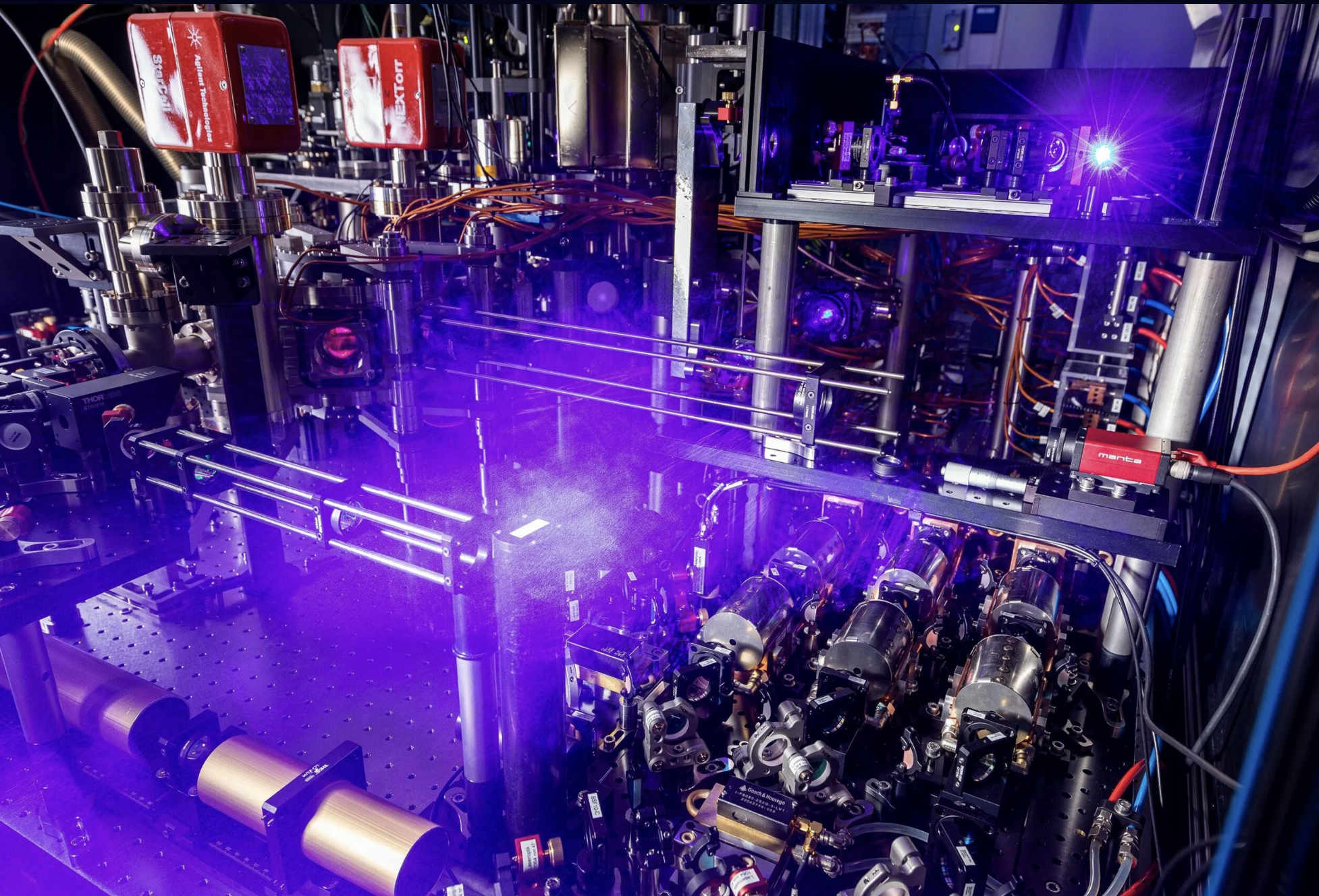There’s quite a bit of ground standing between humanity and a working quantum computer, and experts are worried that Europe could be left behind as the US and China pour billions into the technology.
But one startup from the small German city of Ulm believes it can help smaller players with less capital to compete against the big guns of Google and IBM, by addressing one of the key technical challenges in building a useful quantum computer.
QC Design — which is today coming out of stealth mode — is building technology to help quantum hardware companies fast track a process known as error correction: the task of getting more qubits (the quantum equivalent of a bit — a unit of information — in classical computing) working together to scale up the power of these machines.
Fault tolerance
Companies like Paris-based PASQAL, UK-based Quantum Motion and Finnish IQM are all building their own approaches to quantum computers, trying to increase the number of qubits in their systems.
But scaling up the number of qubits isn't the only challenge. To begin solving complex problems — like finding new drugs or useful materials — quantum computer builders also have to create something called “logical qubits”.
In simple terms, a logical qubit is a combination of hundreds of qubits working together to facilitate complex quantum calculations. This is difficult to achieve due to the very delicate nature of qubits, which generally have to be chilled to extremely low temperatures to keep them stable, making them expensive and difficult to operate.
This is where error correction comes in, as researchers build systems that counteract the natural faults that qubits make (a goal in quantum computing known as “fault tolerance”). But there’s a big talent shortage in this field and Europe is far behind in the race, according to QC Design founder Ish Dhand.
“American companies were here first and lots of the top error correction researchers from Europe and elsewhere in the world work with these big North American companies,” he says.
“If you look at the companies that have blueprints and roadmaps to fault tolerance, these are predominantly North American companies. Even with the biggest companies in Europe — which have really good physical qubits — the roadmaps to fault tolerance are not yet there.”
Licence to error correct
QC Design hopes it can level the playing field for smaller companies that can't hire the right kind of talent, by licensing them the technology they need to help them scale up their logical qubits.
This will be a mix of hardware architecture and software design, and Dhand tells Sifted that there are already around 50 quantum computing companies globally which could benefit from QC Design’s architecture licences.
The company hasn't signed any clients yet, but says it’s opened early discussions with some quantum hardware builders.
The founder compares his company to an early-stage version of UK chip company ARM, which licences the IP for its chip architecture rather than making the chips itself.
“It’s just like ARM licences out designs — the laptop that I'm talking from is an ARM-designed chip — but ARM doesn’t make any chips of their own. It's the designs that we licence out,” says Dhand.
Comparisons to ARM are, of course, a little premature — QC Design was founded in 2021 and employs 10 people. But the company did land pre-seed backing from deeptech investors Vsquared, Quantonation and Salvia last year, and could provide an important piece of the puzzle for companies trying to keep up with the best-funded players in quantum computing.


